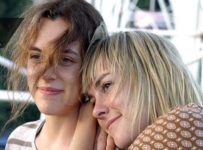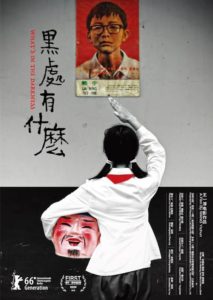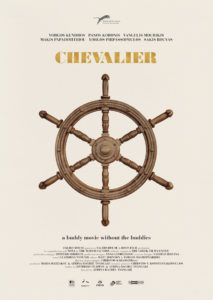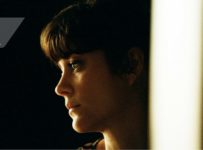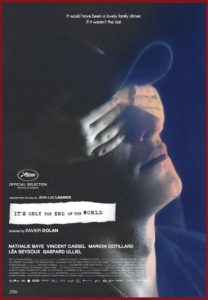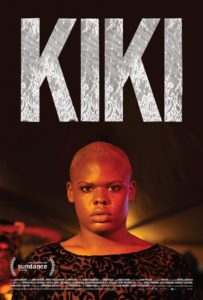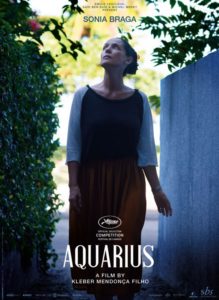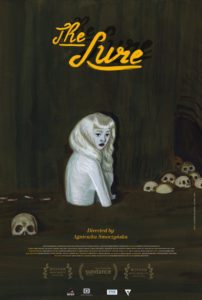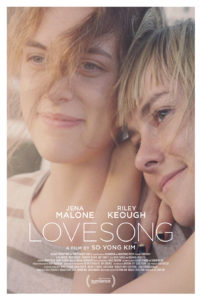 A bittersweet love story that defies convention, focusing on the intimate moments between two strong female leads.
A bittersweet love story that defies convention, focusing on the intimate moments between two strong female leads.
Rarely does a film so effortlessly break your heart and lift your soul as LOVESONG does.
It’s been four years since So Yong Kim’s For Ellen, a film that underlined the filmmaker’s command of emotional character-based stories. With her follow-up, Kim delicately explores the intimacies of a relationship that is not defined by traditional standards.
Sarah (Riley Keough) is a young mother neglected by her husband, and so heads out on a roadtrip with her daughter and free-spirited college friend Mindy (Jena Malone). However, the long unspoken connection between Mindy and Sarah comes out during a drunken night, but they are led to part ways shortly afterwards. Three years later, Sarah tries to reconnect with Mindy at the latter’s wedding, or see if circumstances are still not right for them.
From the close-up shots of wildlife and distinctive use of music, both Jóhann Jóhannsson’s score and songs featuring Malone herself, So Yong Kim is consciously taking an approach of understated naturalism to convey her tale. The time shift in the middle makes it clear that the friends have not communicated much in the interim period, but we are also forced to wonder how much of what we are seeing on screen is the whole story. Indeed, there’s a scene towards the end of the film where a conversation is played out in voiceover, and we only catch the end of the moment on camera.
What gets conveyed is a heartbreaking series of missed connections, a romance that never needs to touch on the gender of the leads, because it is about a more transcendent experience than heteronormative definitions would imply. It is clear to the audience that this is a relationship that could have been, whether it is easiness that Mindy has with Sarah’s daughter or the unspoken awareness that Mindy’s mother (Rosanna Arquette) has. However, the film is brave enough to say that sometimes things just don’t work out because people don’t try for them hard enough, instantly distinguishing LOVESONG from its contemporaries.
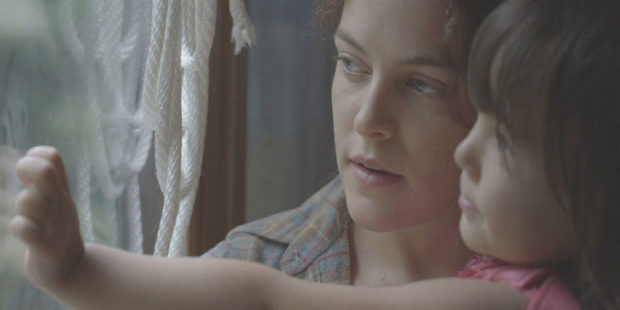
There is a tonal shift between the two pieces of the film, the result of different production crews and cinematographers being used for each half. Yet it’s the performances of the two leads that is So Yong Kim’s focus, a duo that serves as a set of counterbalances. The perpetually melancholy performance of Keough holds the film together, avoiding being a doormat for love by being easily the equal of seasoned indie performer Malone.
The latter is a scattered character, her outward buoyancy betrayed by the fact that she is buying a wedding dress only days before the ceremony. Her running away from the relationship is as equally responsible for the missed opportunities as Sarah’s hesitations, and the pair form an interesting counterbalance, each standing to benefit from the best the other has to offer. Jessie and Sky Gray, sisters who each play Sarah’s daughter a few years apart, are not to be overlooked either, as both young actresses give us important information about Sarah’s identity outside of the closed world of her relationship with Mindy.
LOVESONG is a mere 85 minutes long, but So Yong Kim takes a measured approach to pacing, treasuring every moment we get to spend with these characters. Indeed, the entire film is a microcosm of Sarah and Mindy’s relationship, being an all-too brief series of tender moments that aren’t destined to last. It does, after all, share a title with a Cure record. It doesn’t always provide us with the happy endings that are expected of such narratives, but nevertheless serve as a testament to the notion of enduring love.
2016 | US | DIR: So Yong Kim | WRITERS: So Yong Kim, Bradley Rust Gray | CAST: Jena Malone, Riley Keough, Brooklyn Decker, Rosanna Arquette | DISTRIBUTOR: Vendetta Films (AUS) | RUNNING TIME: 84 minutes | RATING:★★★★★ (10/10)
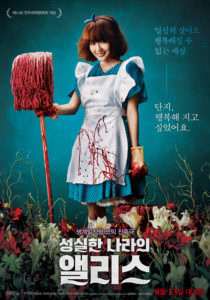 An inky black comedy take on the South Korean revenge genre, as one woman goes down the metaphorical rabbit hole.
An inky black comedy take on the South Korean revenge genre, as one woman goes down the metaphorical rabbit hole.
